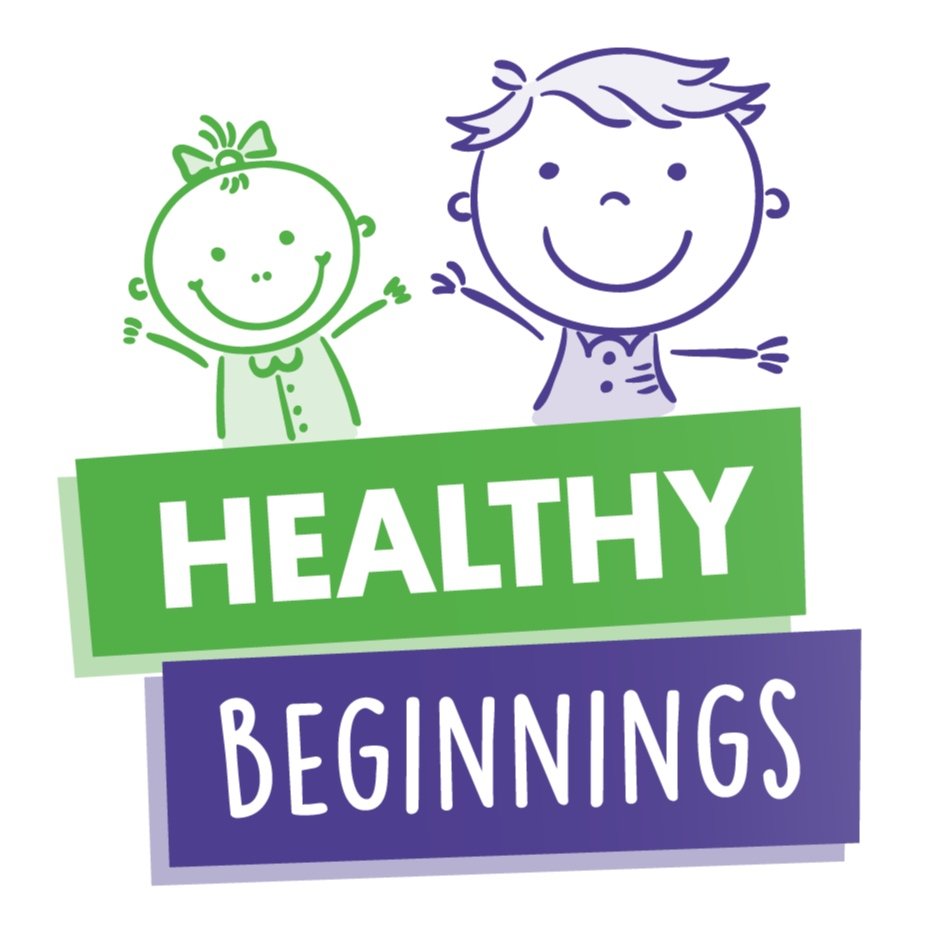EIGHT MONTH VISIT
Links to resources:
Key Area One: Infant nutrition
Breastfeeding: Encourage and support sustained breastfeeding for as long as possible
Key discussion points:
Why continue to breastfeed – immunological effects, cognitive development, obesity & nutrition, bone density, dental, mother-child attachment and effects on mother
Positioning and attachment
Management of problems – teething, biting, refusal and supply
Length and number of feeds
Expressing
Breastfeeding and work
Complementary feeding
Safe infant formula feeding – follow-on formulas
What is your child eating? The importance of progressing through a range of foods to ensure family foods are being consumed by 12 months of age
Key discussion points:
Revisit child development for eight month olds
Lumpy foods – chewing
Snacks food
Mealtimes
Food safety – preparation, freezing, thawing, cooking and cleaning
The feeding relationship
What is your child drinking? The importance of what to drink from six to 12 months.
Key discussion points:
Cup feeding
Cool boiled water
Tooth care
Key Area Two: Your baby and physical activity
Sleep and settling: What to expect when your baby is eight months old.
Key discussion points:
Sleep cycles & feeding patterns of six to 12 month olds
Revisit: Tired signs and settling strategies
Baby movement: To help mothers understand babies develop at their own pace and in their own way as they have different personalities, interests, skills, and experience. Encourage mothers to notice what they do and encourage them. Support them to try new experiences. Supervise them closely so they can explore and try out new skills safely.
Key Discussion Points:
Infant development at eight months
Floor time
Activities for hand skills
Baby interactions
Avoiding distractions like television
Key Area Three: Your physical activity and nutrition
Postnatal physical activity: Encouraging physical activity and reaching goals.
Key discussion points:
Benefits of physical activity
Stages of change
Enablers and barriers to physical activity
Goals
Nutrition for adults – particularly new mothers: For mothers to understand the importance of preparing nourishing meals for the whole family, especially getting the right amount of vegetables
Key Discussion Points:
Dietary needs
Australian dietary guidelines
Fruit and vegetables
Key Area Four: Social Support
Work and family: Discussion on the return to work which can be a major step.
Key discussion points:
Work and family
Tips for returning to work
Key Area One: Infant Nutrition
Key discussion points:
Reinforce the continuation of breastfeeding – immunological effects, cognitive development, obesity & nutrition, bone density, dental, mother-child attachment, and effects on mother
No infant formula after 12 months
Cup feeding
Drinks for toddlers
Healthy snacks, family foods, fussy eating
What is your child eating? Discussion with mother about the importance of healthy snacks and drinks.
Key Area Two: Your Baby and Physical Activity
Key discussion points:
Child development (motor skills, emotional, social, and language)
Physical activity guidelines
Planned play
Unplanned play
Providing play areas
Toddler independence
Screen time
Toddler playtime: Discuss toddler behaviour with mothers placing an emphasis on playtime and activity. Helping mothers understand toddlers need lots of activity, several hours a day. The more they move the more confident and independent they become.
Key Area Three: Your Physical Activity and Nutrition
Key discussion points:
Benefits of family physical activity
Stages of change
Enablers and barriers to physical activity
Goals
Ideas for being active as a family
Postnatal physical activity: Encouraging mothers with their physical activity and reaching goals
Key discussion points:
Incorporating fruit and vegetables into your diet
What to drink
Recipe tips and ideas
Nutrition for adults: Discuss the importance of healthy meal preparation for the family.
Key Area Four: Social Support
Key discussion points:
Toddler behaviour
Social support



